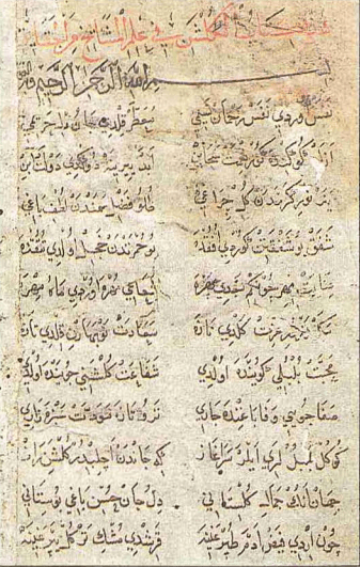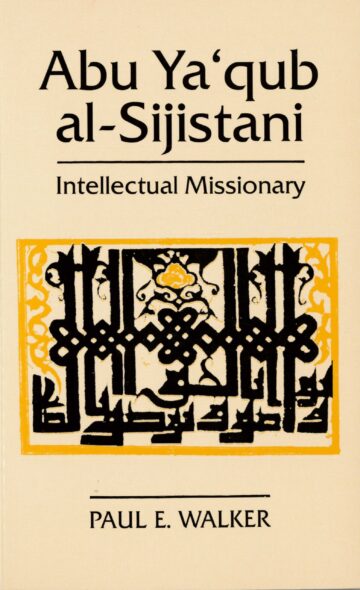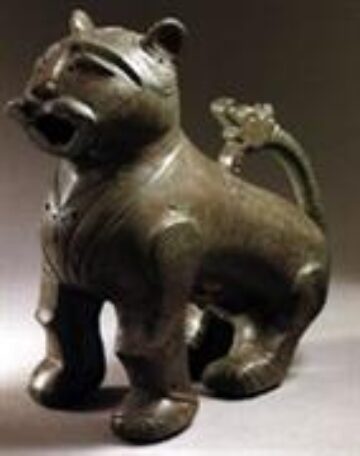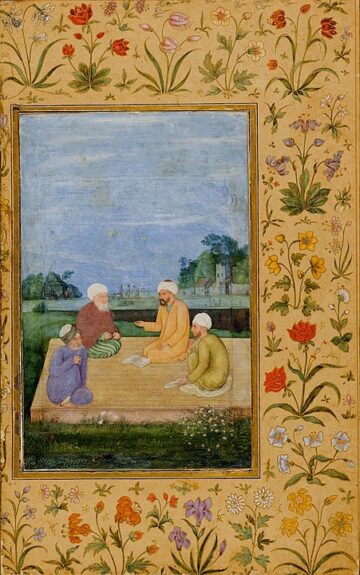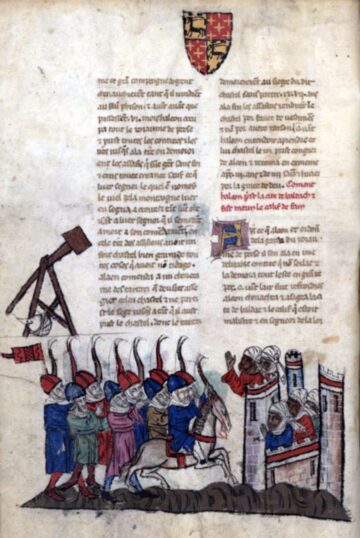Classical concepts of time confronted philosophers with perplexing paradoxes. Some wondered whether time altogether was nonexistent, whereas others doubted the reality of its divisibility into parts by arguing that the past ceased to be, the future does not yet exist, and the present as a moment/now that is without magnitude (i.e., like a mathematical point is not part of time).
In addition, it was unclear whether time progressed smoothly or proceeded by way of discontinuous and divisible leaps. Although inquiries about the nature of time were integrated within physical theories of motion, their broad cosmological and metaphysical bearings had an impact on speculations about creation and causation.
In Plato’s Timaeus (37d; 38a) time (kronos) was pictured as a moving image (eikona) that imitated (mimoumenon) eternity (aiona) by circling around according to number (arithmos) and came into existence with the generation of the heavens. In the earliest systemic investigation of the essence and existence of time, which was contained in Aristotle’s Physics (219b3-4; 220a25-b20; 222b20-23), kronos was defined as the number (metron) of a continuous (sunekhes) motion (kinesis) with respect to the anterior (proteron) and the posterior (husteron).
Author

Professor Nader El-Bizri
Professor Nader El-Bizri is a philosopher and architect. He is currently affiliated with the University of Cambridge, and he was until recently the Dean of the College of Arts, Humanities, and Social Sciences at the University of Sharjah. Prior to that he was a Leverhulme Visiting Professor at Durham University and a tenured Professor at the American University of Beirut, where he served as the Associate Dean of the Faculty of Arts and Sciences, and as the Director of General Education. Before that he taught and conducted research across the academic ranks at the universities of Harvard, Nottingham, Lincoln, and at the CNRS in Paris and the IIS in London. He serves on various academic boards internationally and is the General Editor of the Epistles of the Brethren of Purity series that is published by Oxford University Press in association with the IIS. He has acted as advisor to the Science Museum in London, the Aga KhanA title granted by the Shah of Persia to the then Ismaili Imam in 1818 and inherited by each of his successors to the Imamate. Trust for Culture in Geneva, the Solomon Guggenheim Museum in Berlin, UNESCO in Paris, and Expo2020 in Dubai. He has been interviewed by the BBC and France Culture cultural programs, and in recognition of his contributions to the field, he has received awards and honours, including the Kuwait Foundation for the Advancement of Sciences Prize.

